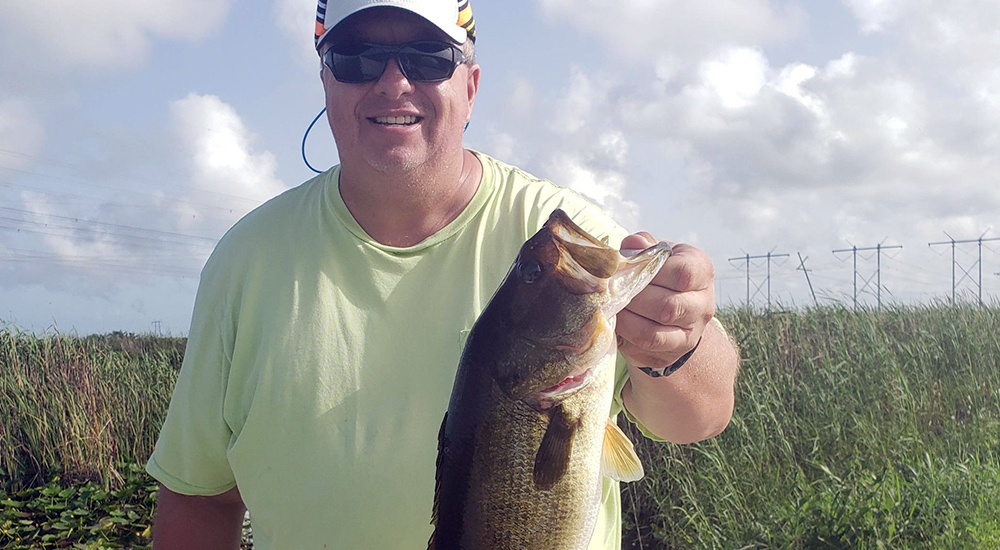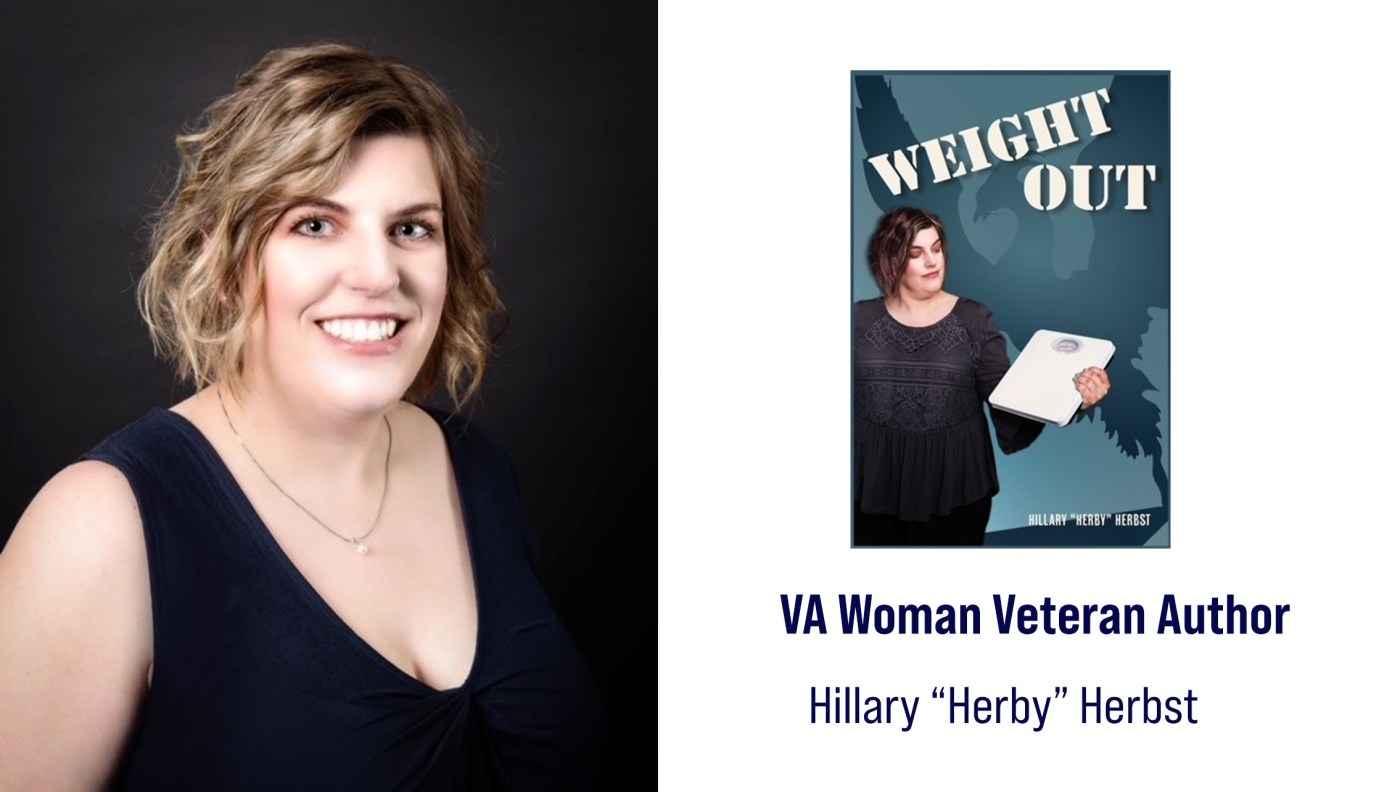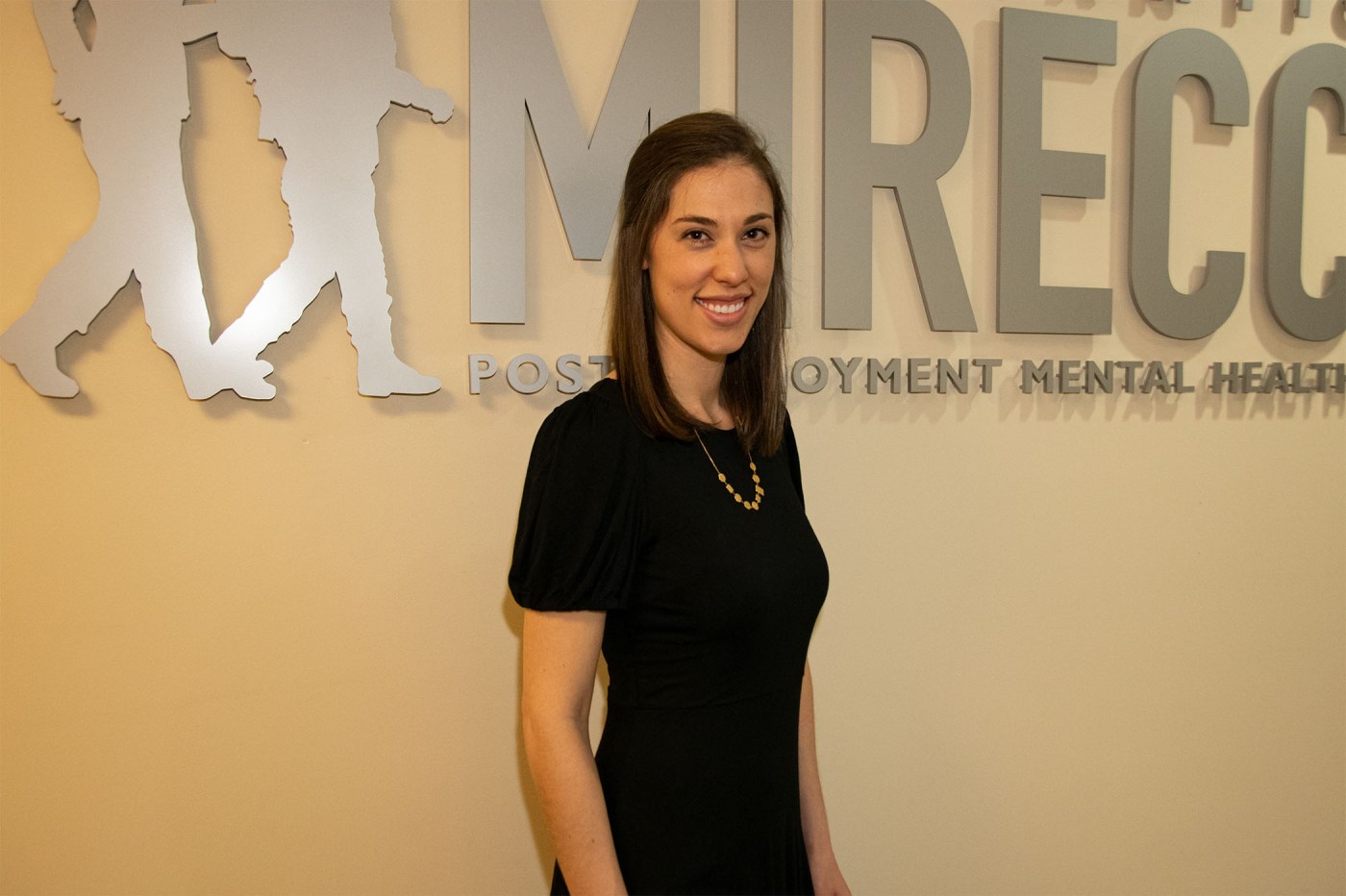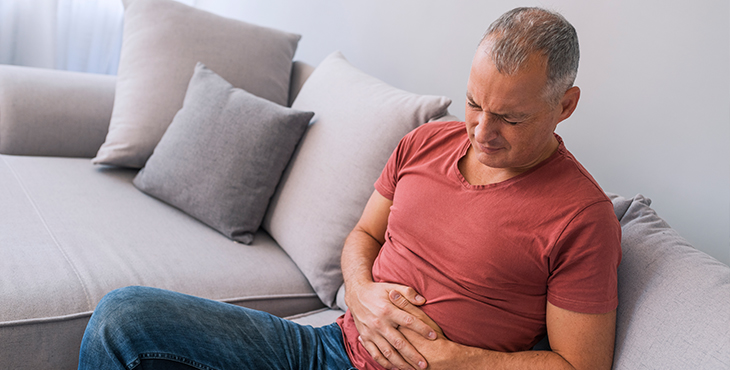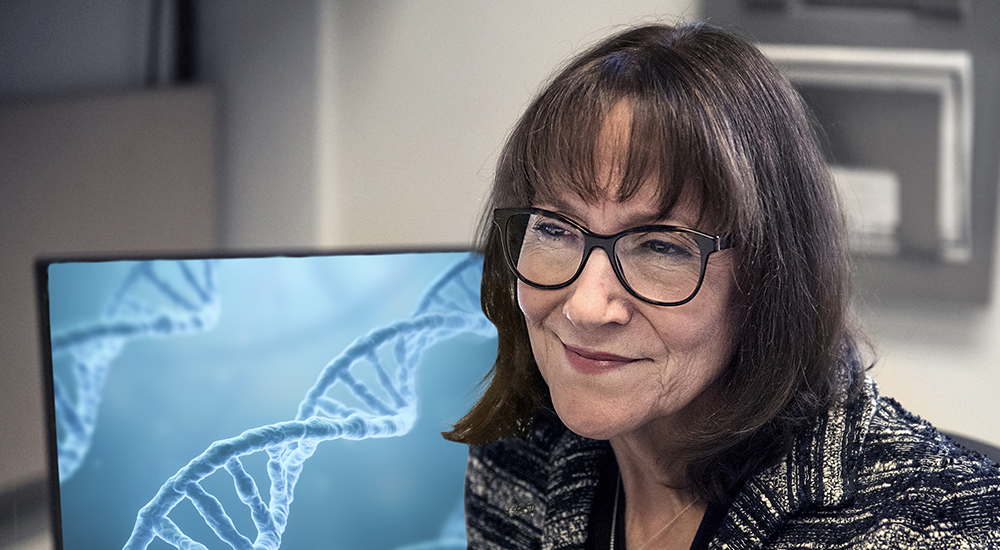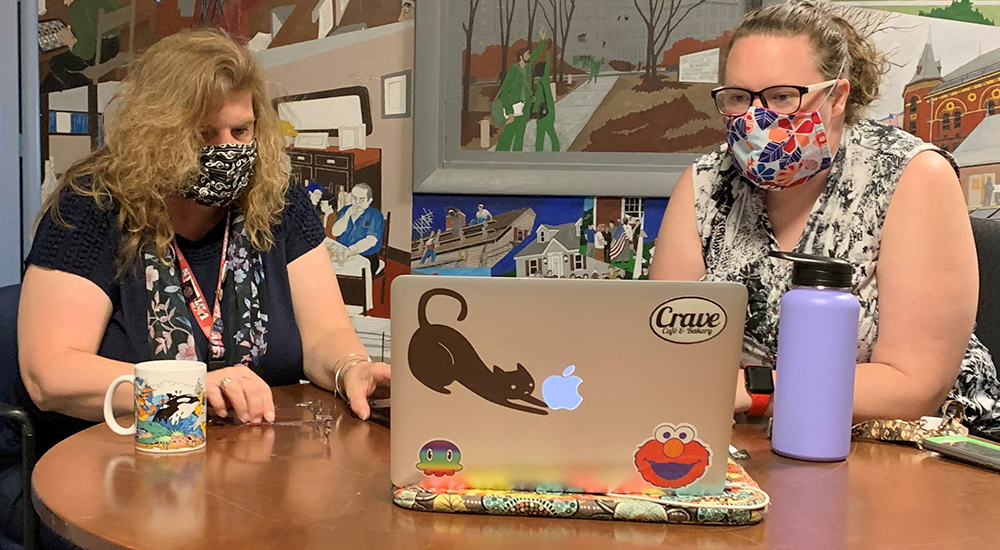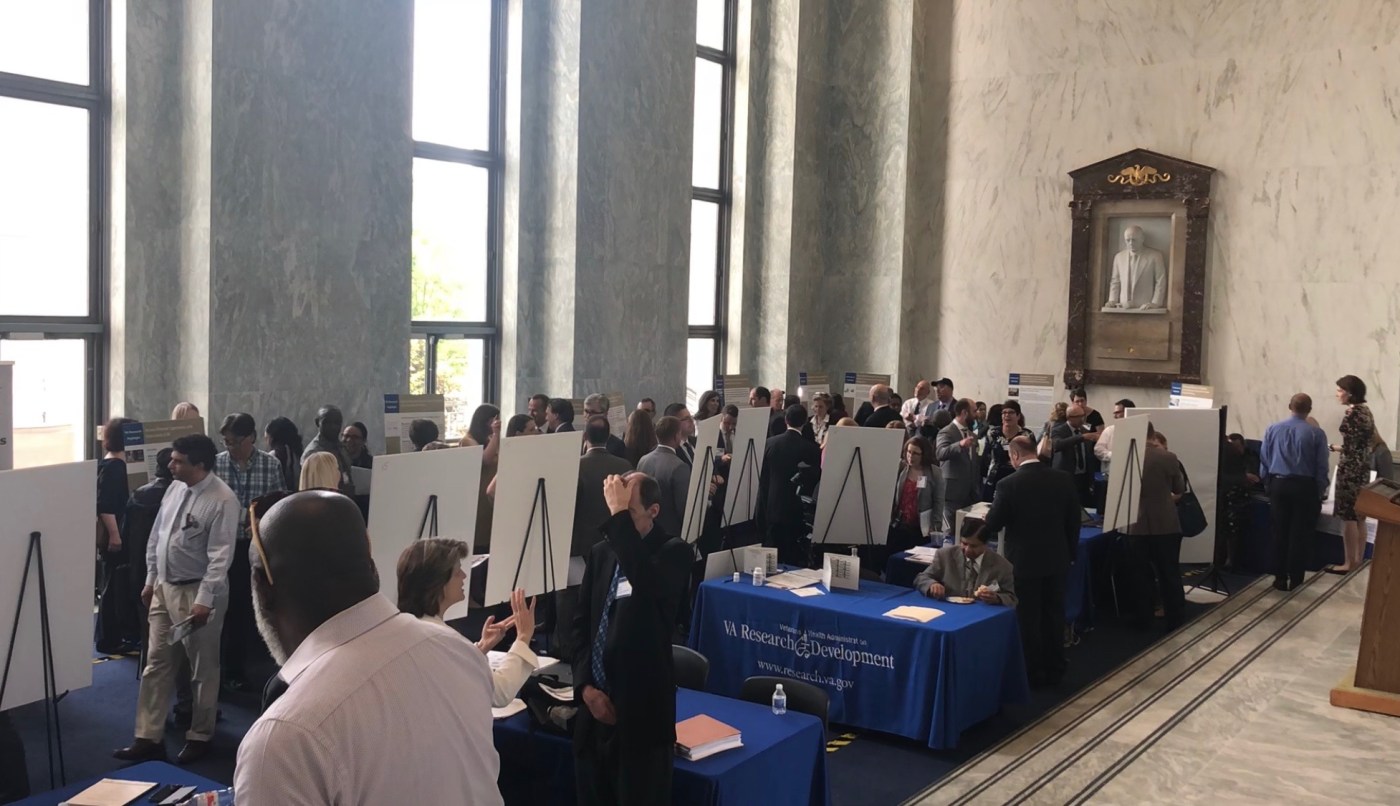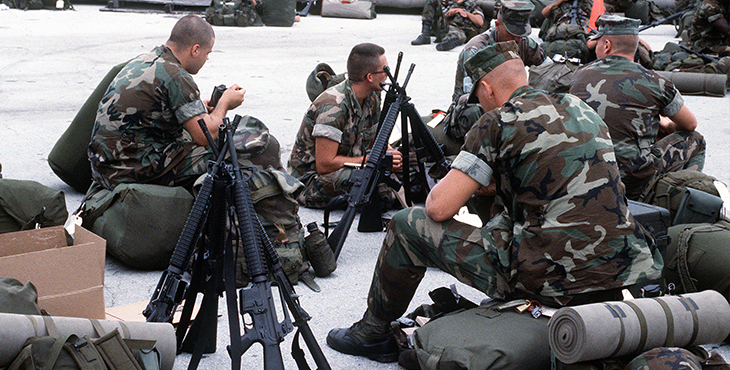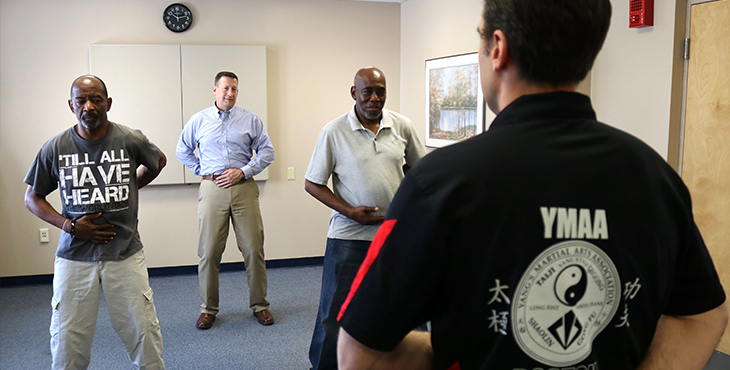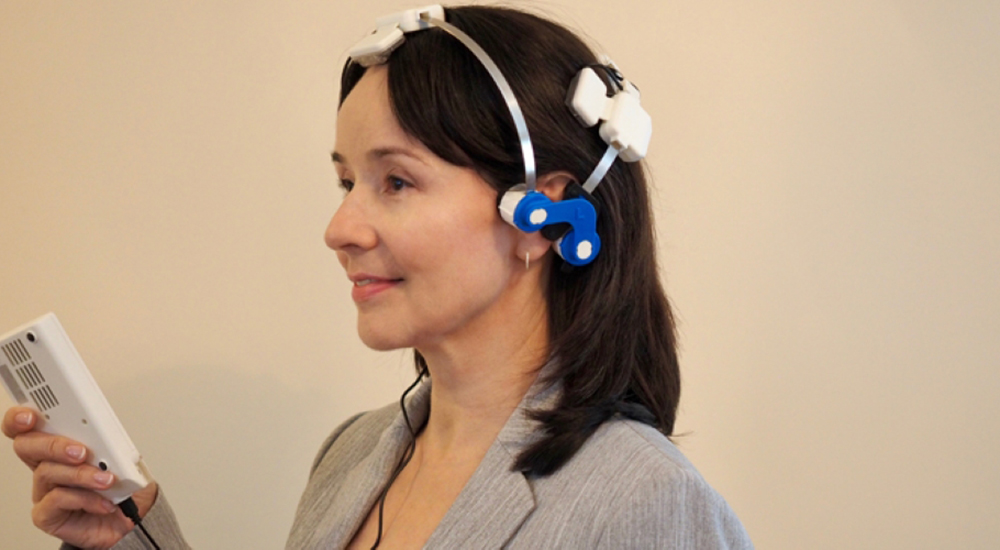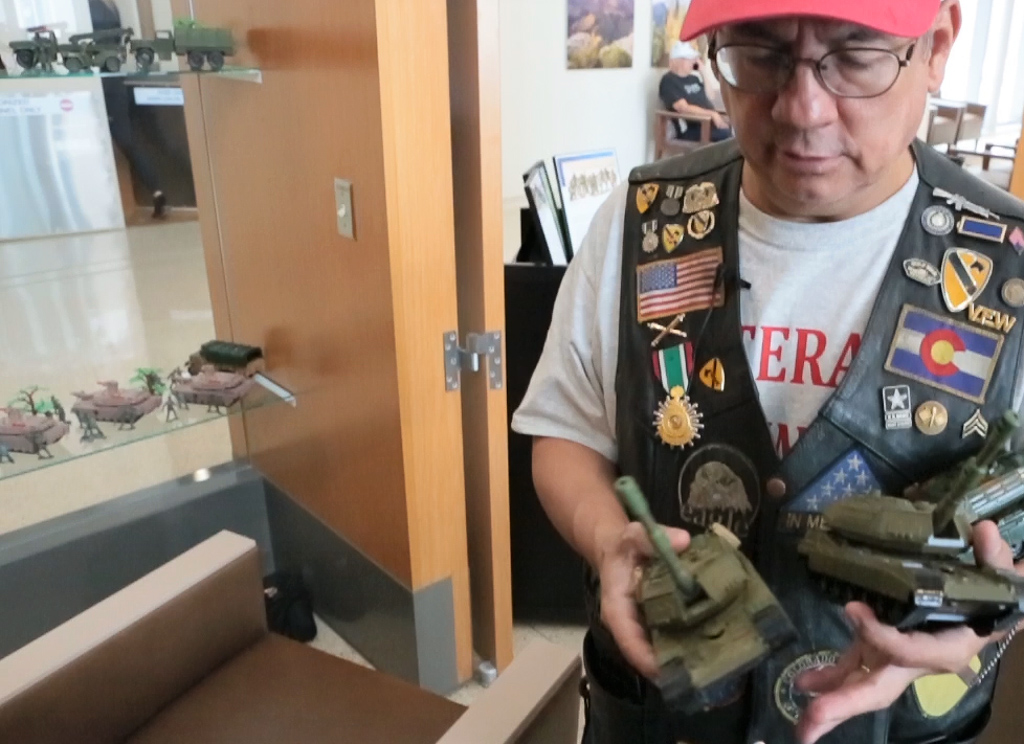Bill Watts earned awards during his tours of duty which included service as a Gulf War combat Veteran. Today his award is the one he receives as an advocate helping his fellow Gulf War Veterans.
Author and Coast Guard Veteran Hillary Herbst wrote "Weight Out" about her experiences battling through challenges during her service.
However, combat experience was not strongly linked to drinking to cope when the researchers adjusted for a person’s total number of PTSD symptoms.
VA Research is planning a series of studies to gain insight into the gastrointestinal and liver problems that beset many Veterans after deployments. The goal is to bring new treatments to bear as soon as possible.
VA is in the forefront of genomic research, aimed at improving Veterans’ health care, and this area is expanding. Do Veterans want to see their genetic results? This study wants to find out.
With the COVID-19 pandemic preventing many Veterans from leaving home, the VA New England Healthcare System has relied on its 80 Veteran peer specialists to ensure Veterans stay connected.
VA researchers showcased their latest scientific, medical, and technological advances at the second annual “VA Research Day on the Hill.”
VA researchers have built a new resource, the Gulf War Era Cohort and Biorepository, they hope will help address some of the lingering questions on Gulf War Veterans’ health problems.
VA researchers are studying whether tai chi, an ancient Chinese mind-body therapy, can help relieve the chronic pain, fatigue, and other symptoms experienced by many Gulf War Veterans.
Diagnosed with traumatic brain injury, a Gulf War Veteran was treated with a light-emitting diode (LED) therapy program. The results, in his words, were, “Amazing. I have the energy to go do things.”
VA’s Life Skills Center--a place where Veterans can attend weekly semester-styled mental health classes--helps Stanley Vigil manage his PTSD.
One current study is investigating the role of daily concord grape juice consumption in treating symptoms of Gulf War Illness.

